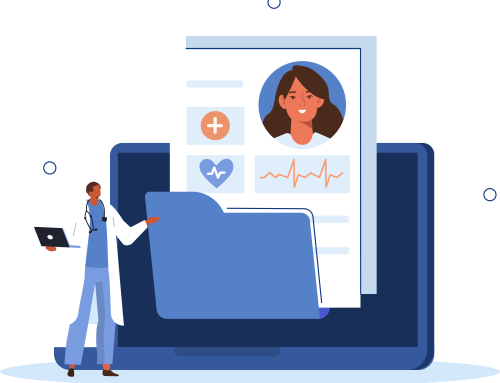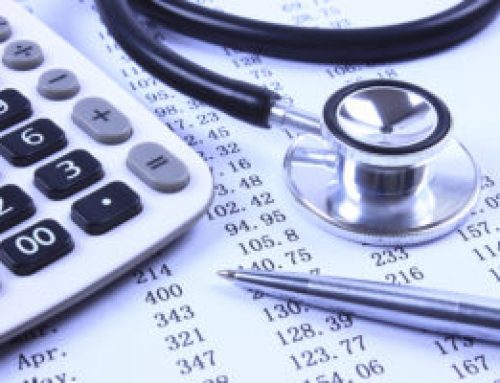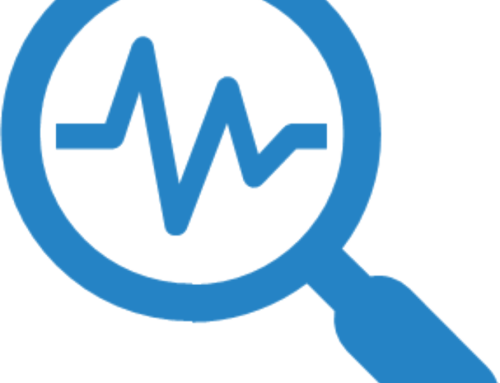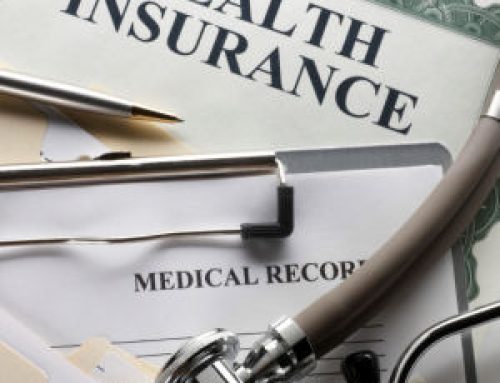Many rural Americans struggle with healthcare affordability and healthcare access, according to a recent poll.
The poll — which covers rural Americans’ personal experiences with health, social, civic and economic issues where they live — is based on a survey conducted for NPR, the Robert Wood Johnson Foundation and the Harvard T.H. Chan School of Public Health. The survey was conducted Jan. 31 – March 2, among 1,405 adults living in rural communities.
Eight findings:
1. Nearly half of respondents (49 percent) said they would have a problem paying an unexpected $1,000 expense in full, right away.
2. Forty percent of respondents said they or a family member experienced problems affording medical bills, housing or food in the last few years.
3. Thirty-two percent of respondents said they or a family member experienced problems paying medical or dental bills in the last few years.
4. Twenty-six percent of respondents reported recent problems accessing healthcare.
5. Forty-five percent of respondents who were not able to get healthcare when needed cited not being able to afford healthcare as a reason.
6. Twenty-eight percent of respondents reported having problems with the quality of healthcare they received in the last few years.
7. Eight percent of respondents said hospitals in their local communities have closed in the last few years.
8.Sixty-seven percent of respondents who reported hospital closures said closures were a problem for their local communities.
Read the full survey findings here.







